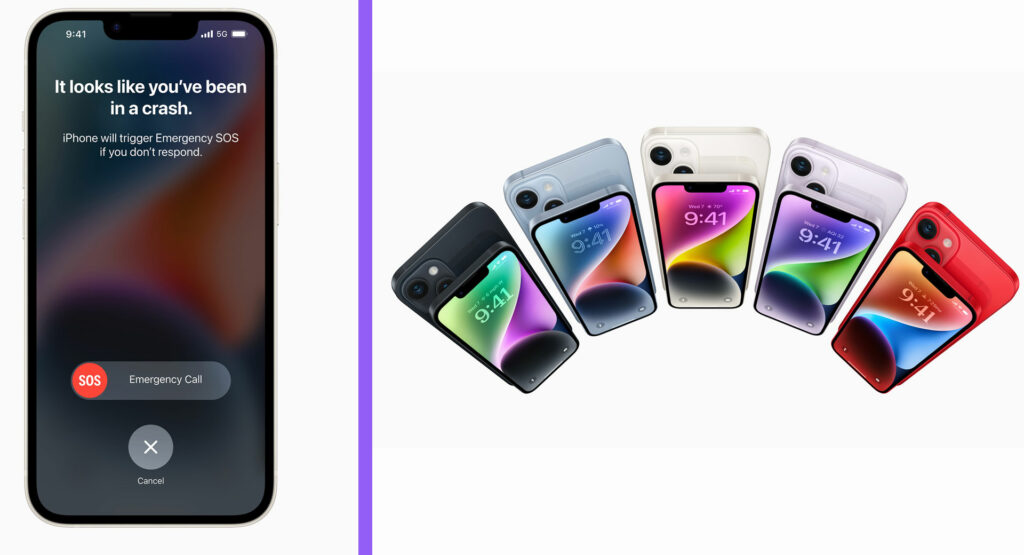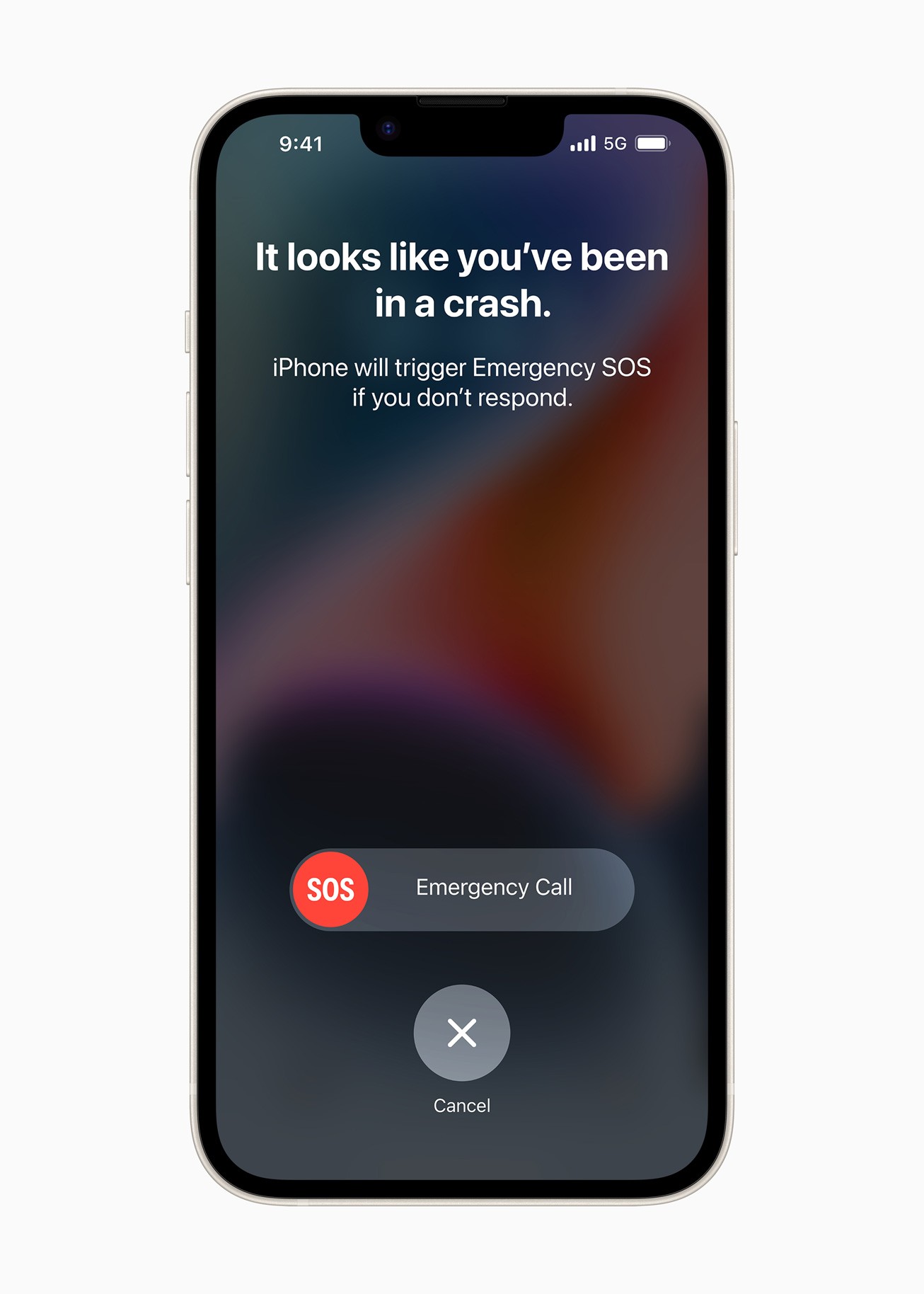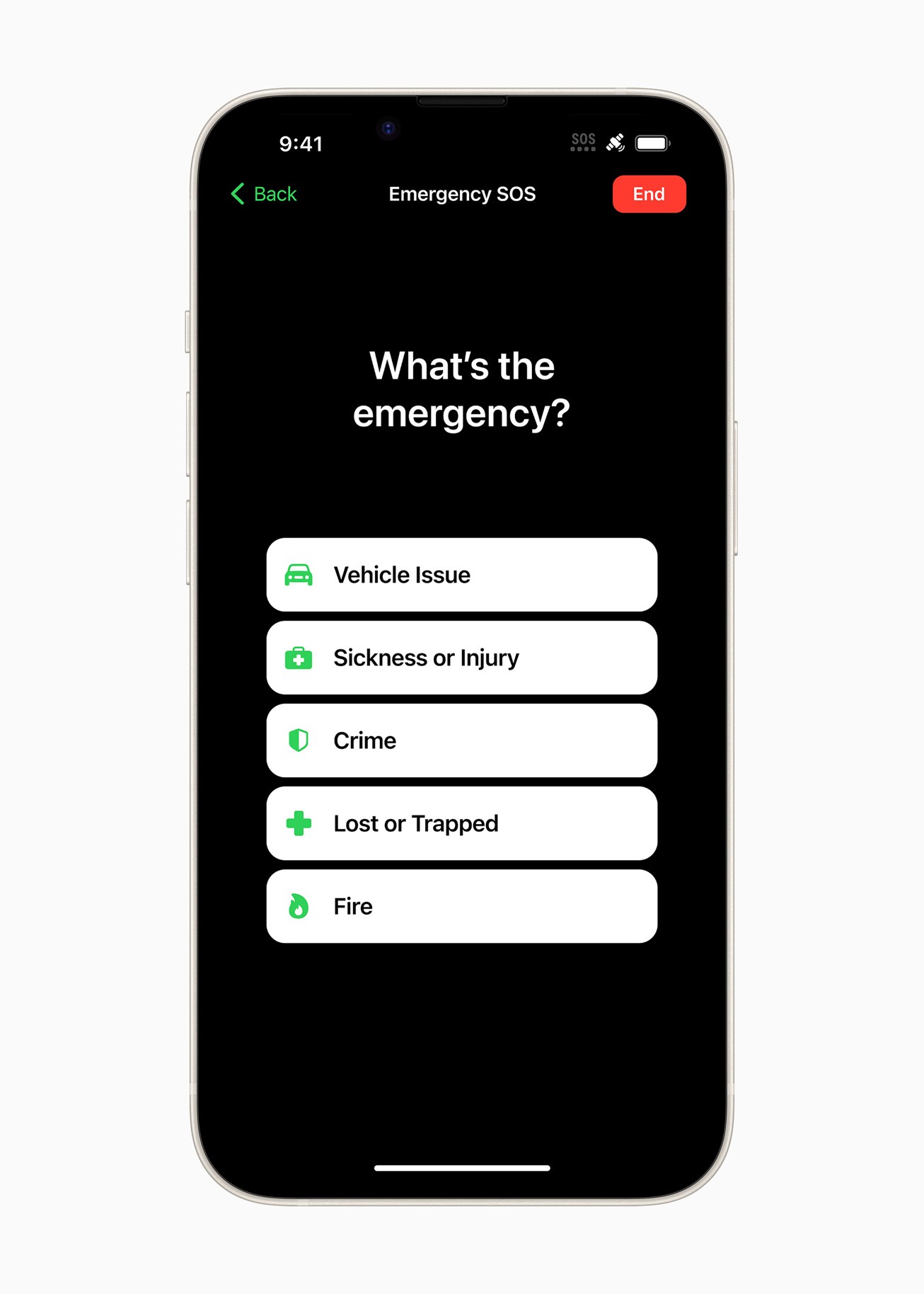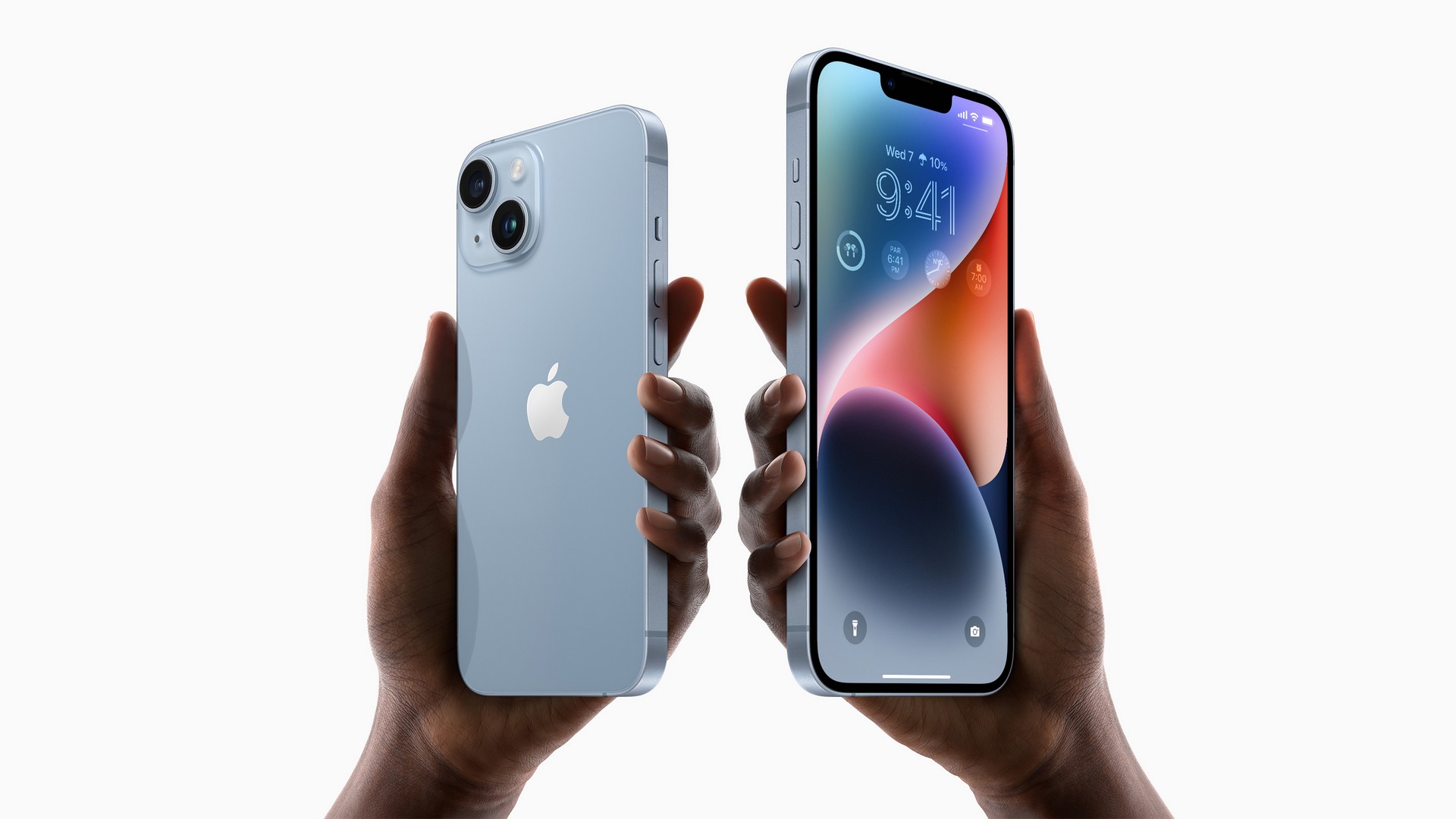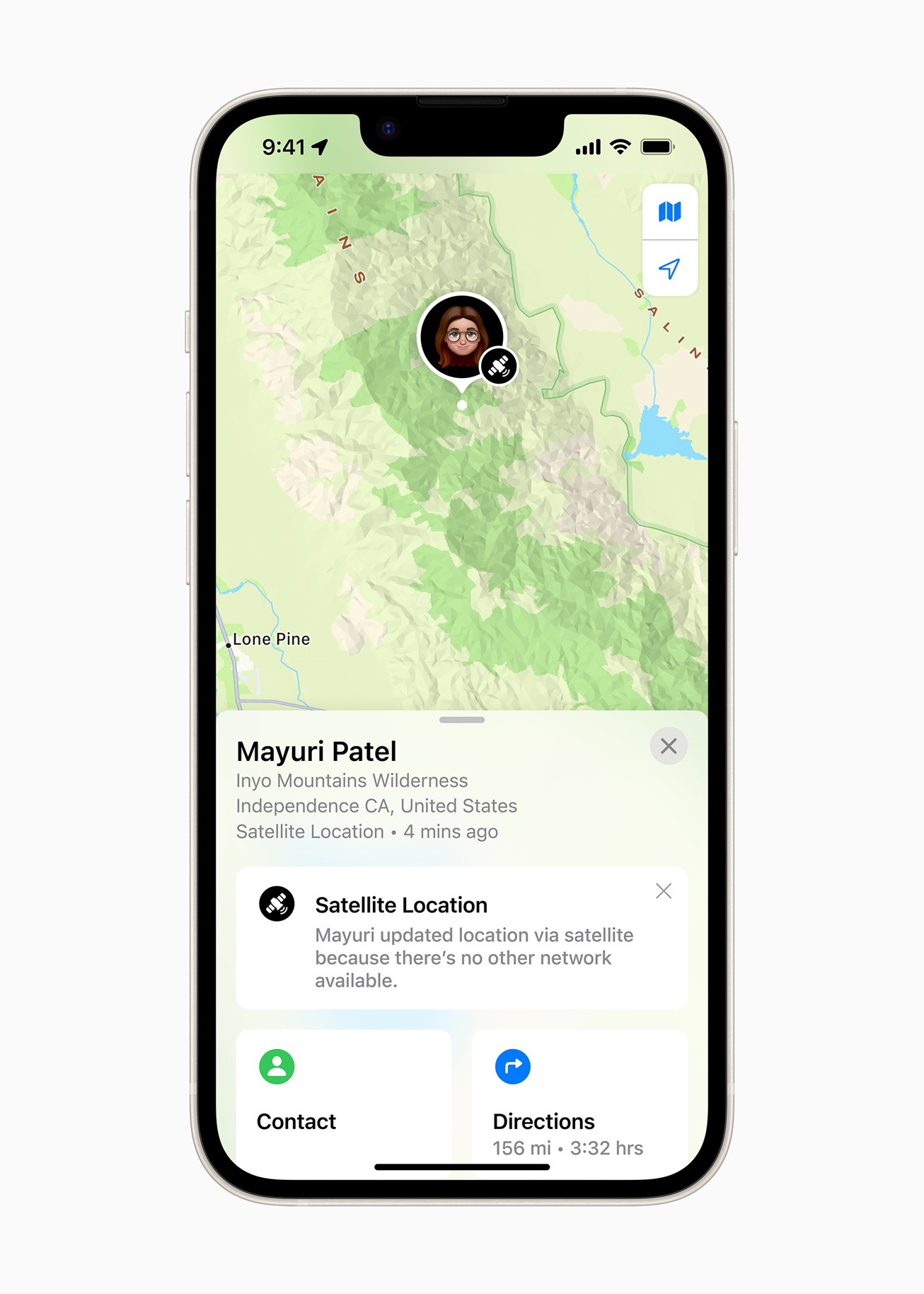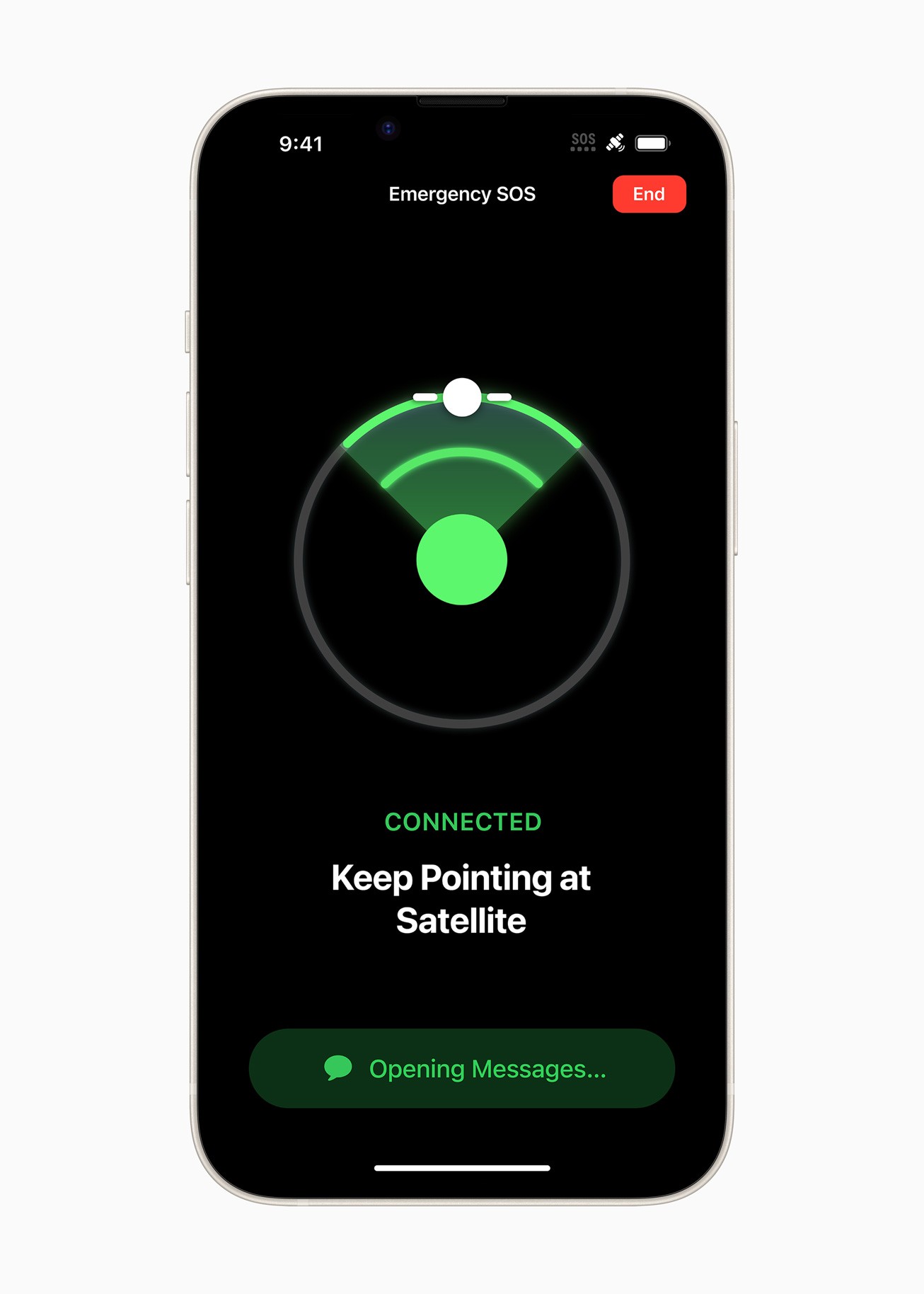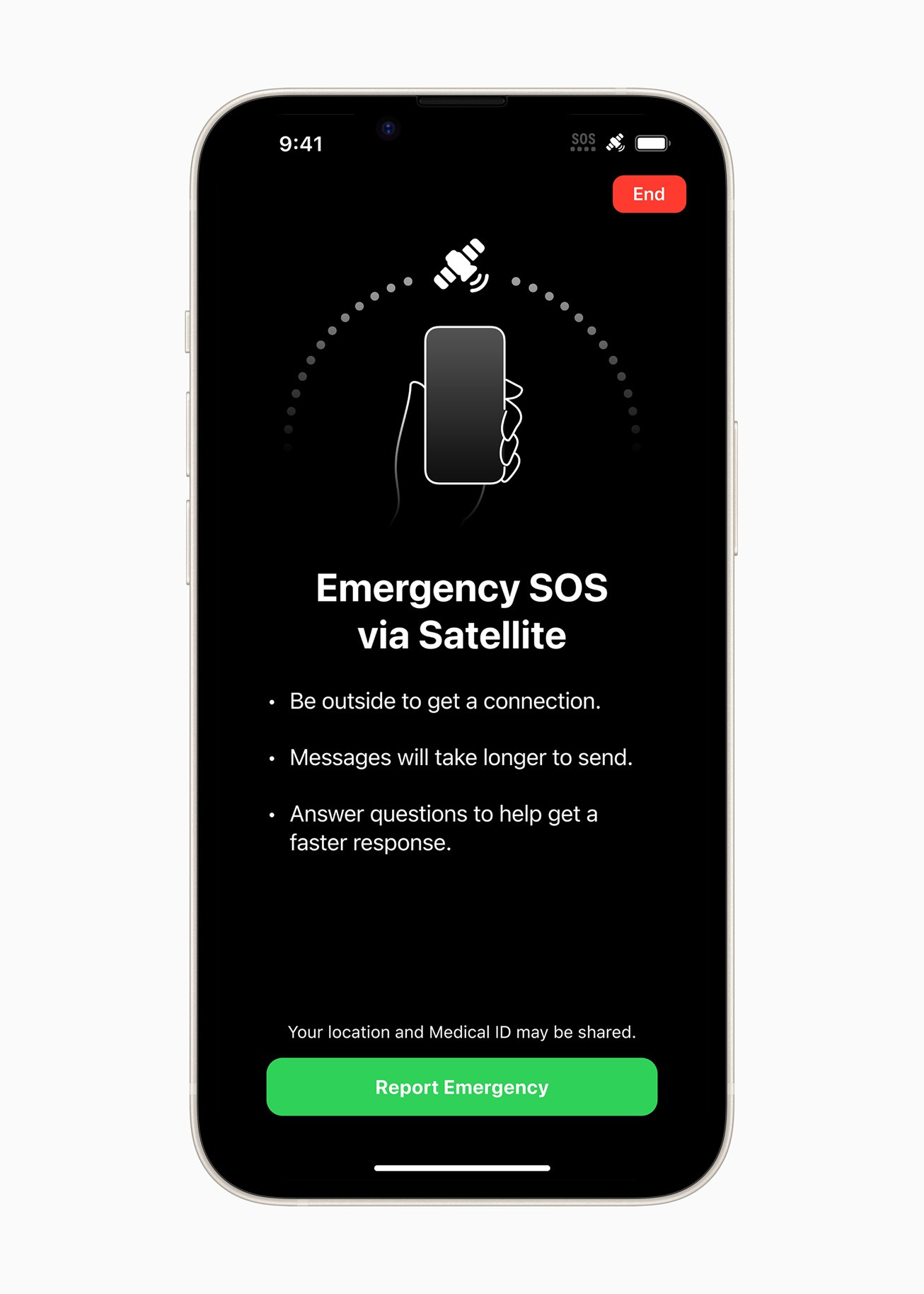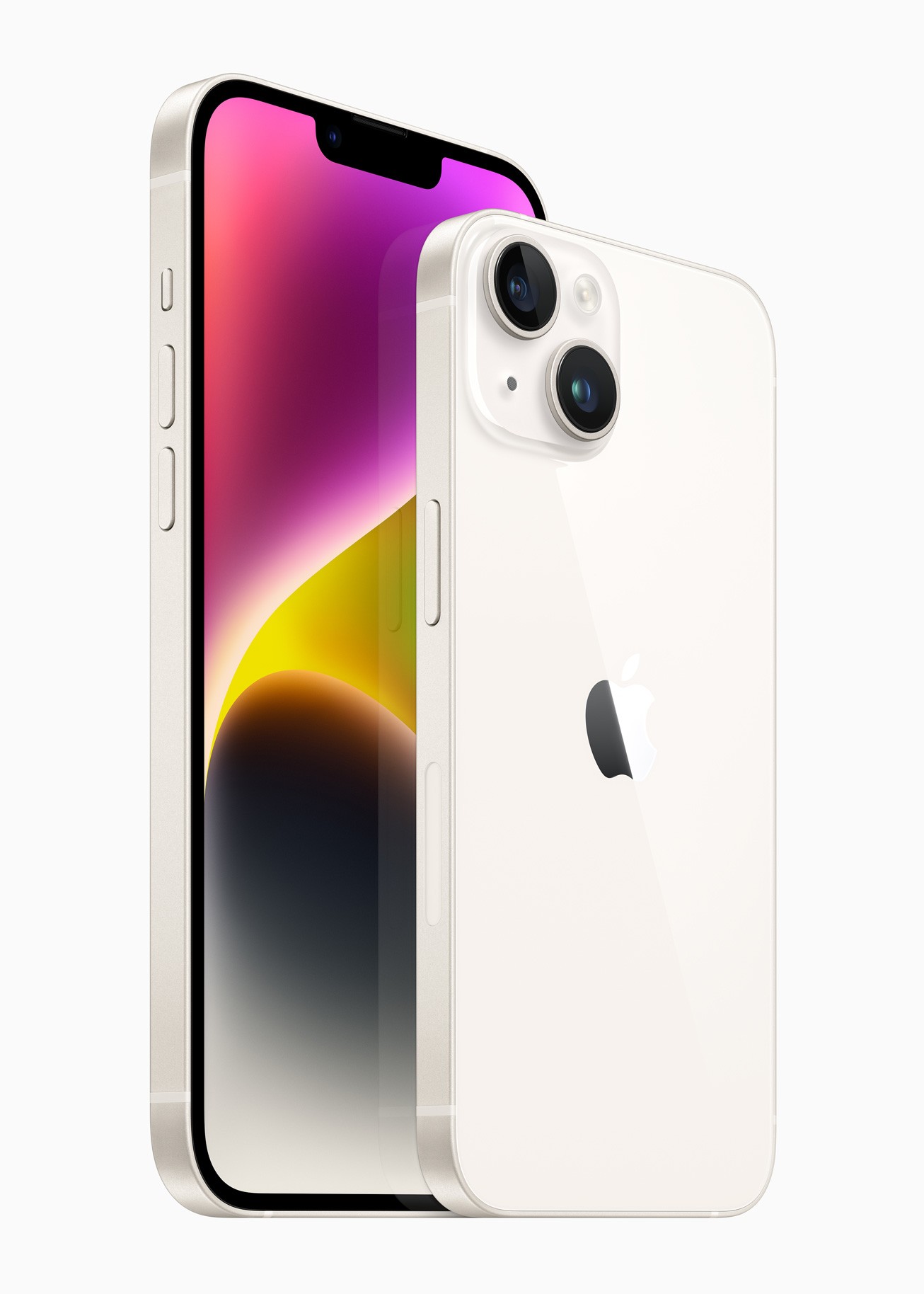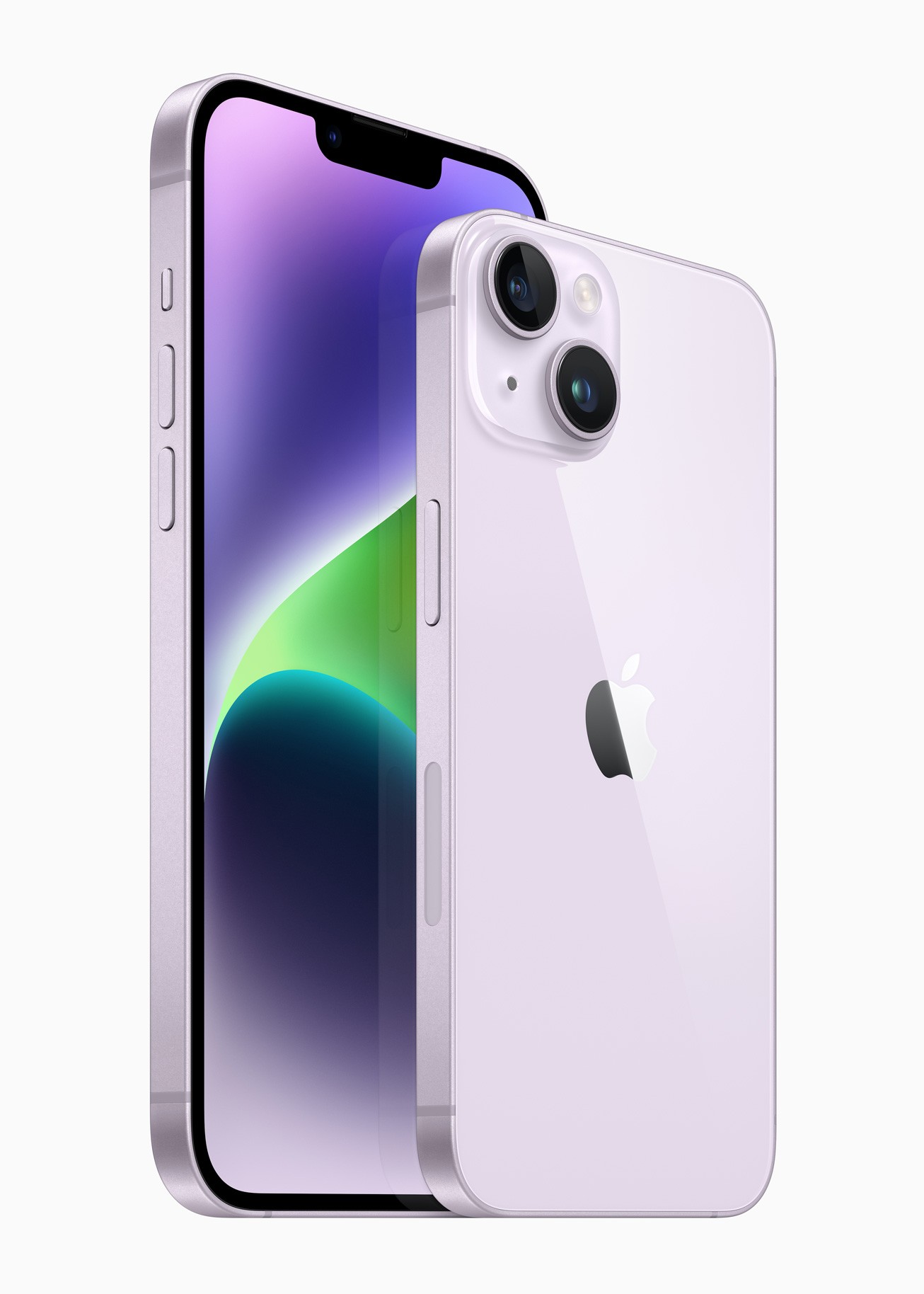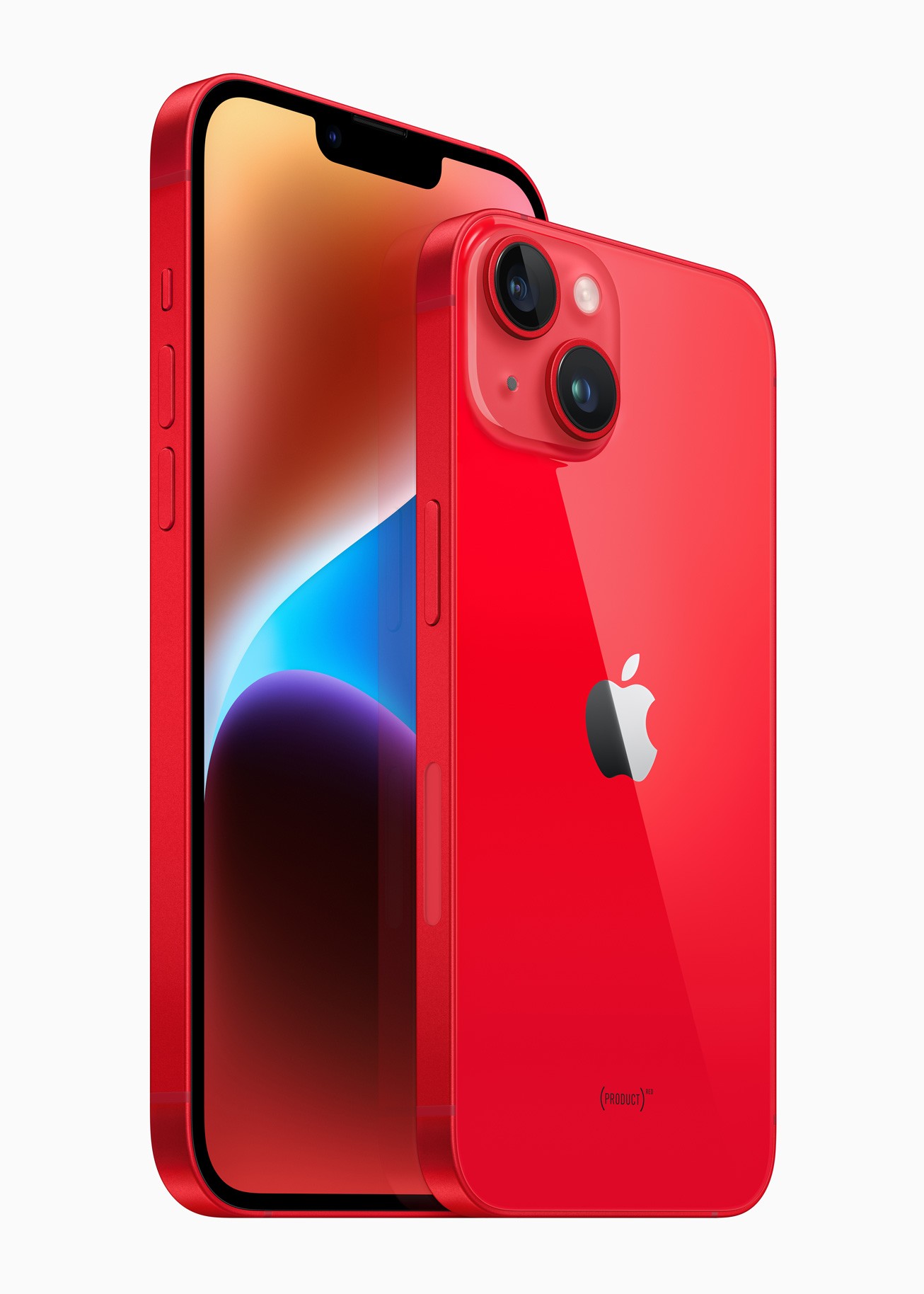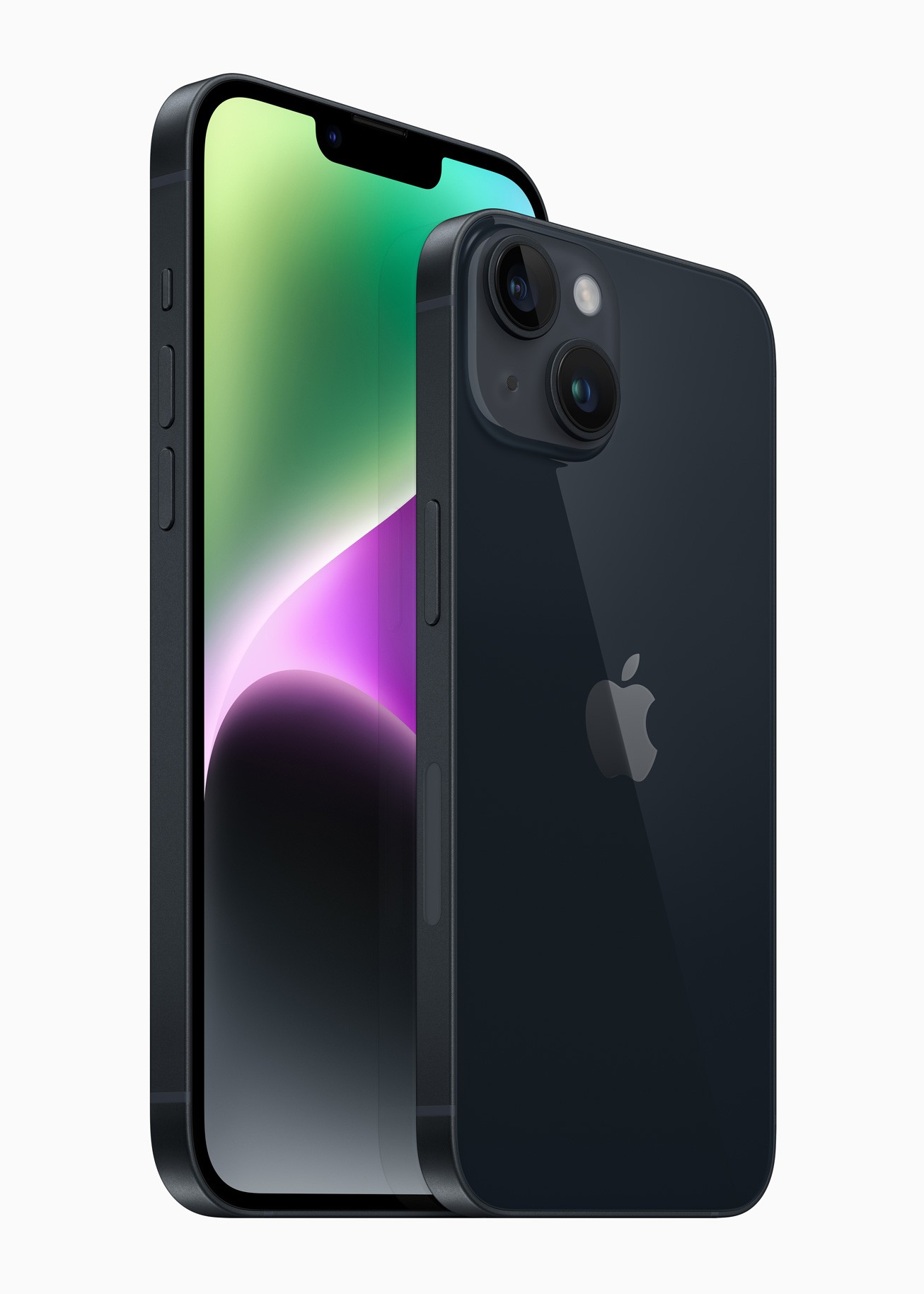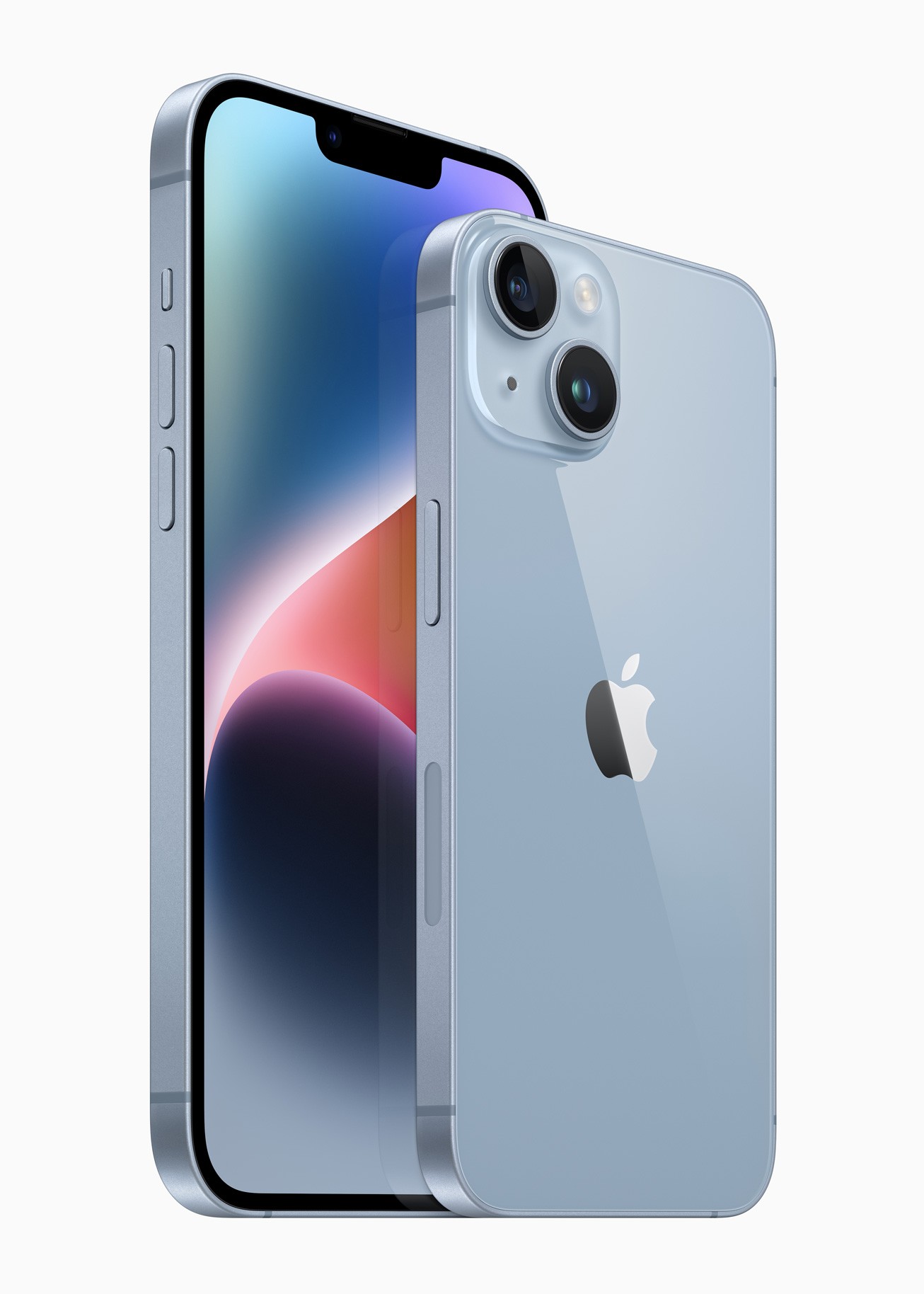Apple has introduced the iPhone 14 lineup, which features a couple of new automotive safety features.
The big news is the addition of OnStar-like crash detection, which is billed as a “groundbreaking” safety feature.
As Apple explained, the phones are equipped with a “new dual-core accelerometer, capable of detecting G-force measurements of up to 256Gs, and a new high dynamic range gyroscope.” These sensors work with a barometer, a microphone (which can recognize loud noises typical of a severe car crash), and a GPS unit that can detect sudden changes in speed.
Also Read: OnStar Comes To Smartphones With New Mobile App That Can Detect Crashes
When a crash is detected, iPhone 14s will automatically dial emergency services even if their owner is unconscious or unable to reach their phone. Crash Detection also works with the Apple Watch and it will display an “emergency services call interface” in the event of an accident, as the watch will most likely be closer to the victim than their phone.
Apple says Crash Detection relies on advanced algorithms that have been “trained with over a million hours of real-world driving” as well as an assortment of crash data. This promises to minimize false alerts and prevent them from tying up emergency services. Users can also cancel false alarms, if needed.
Besides Crash Detection, the iPhone 14 lineup has Emergency SOS via satellite. This means you can get help in remote areas without cell service. When using the feature, users will fill out a short questionnaire that describes their problem – such as a vehicle issue or medical emergency – and then be shown where to point their phone to connect to a satellite.
Once a connection has been established, the information will be “relayed to centers staffed by Apple‑trained specialists who can call for help on the user’s behalf.” Owners will also be able to manually share their location over satellite with the Find My function.
This is a boon for iPhone users who enjoy overlanding or travel in remote areas. The service will be launched in the United States and Canada this November, and will be free for two years.
Besides the automotive features, the iPhones have iOS 16 as well as 6.1- and 6.7-inch displays. They’re joined by upgraded cameras, an A15 Bionic chip with a 5-core GPU, and improved battery life.
The iPhone 14 starts at $799 in the United States, while the iPhone 14 Plus will set you back $899. Customers can also get the iPhone 14 Pro for $999 and the iPhone 14 Pro Max for $1,099. The latter two phones are more advanced and feature an A16 Bionic chip as well as a 48MP main camera – among other things.








